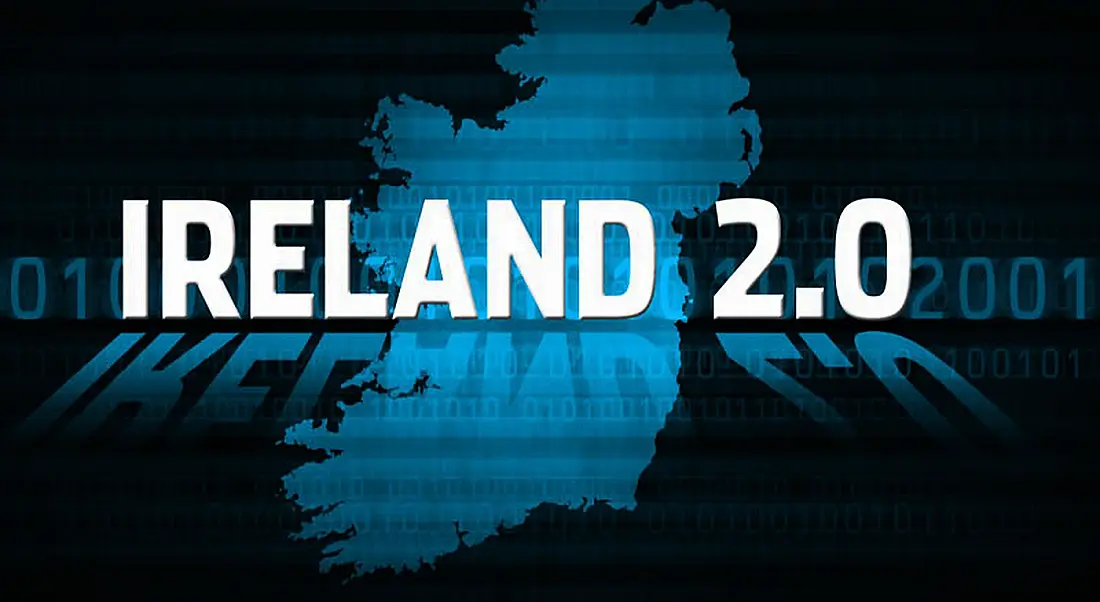One of the biggest challenges in maintaining the Irish IT industry’s growth is to make sure that we have the talent to support it.
The top 10 multinational technology companies have operations in Ireland and the indigenous software sector’s exports are worth more than €1bn per year. In 2011, 4,000 jobs were announced in the sector and more than 300 jobs were announced since the start of 2012.
It’s estimated that 55pc of high-level ICT skills are being met through inward migration, meaning that more needs to be done to boost ICT skills in the domestic market.
“One of the key competitive advantages for Irish technology companies, be it multinational or indigenous, is the high quality of skills that are available in Ireland for workers in the technology sector,” says Paul Sweetman, director of the Irish Software Association.
“Over time, with the growth in the sector, employment has increased rapidly in it so that has created a new demand for more workers for the technology sector and employees in that area. We brought this to the Government some time ago and expressed that in order to keep the competitive advantage, we’d have to up our game.”
Addressing the IT skills gap
It resulted in last week’s launch of a major joint industry and Irish Government action plan to address the gap in high-level IT skills in order to ensure Ireland is at the forefront of the technology industry worldwide.
It aims to double its annual output of honours degree ICT undergraduate programmes to 2,000 graduates by 2018 through numerous educational initiatives.
“They range from short-term measures, such as conversion courses which were launched on the day itself, through to long-term policy measures such as reform of particular curriculums in second-level,” explains Sweetman.
“It’s trying to improve the image of the sector through things like our Smart Futures campaign and also trying to encourage closer co-operation between third-level and industry in terms of what industry would require and what universities or institutes of technology are able to deliver for the tech sector.”
Sweetman points out the demand for skills in a wide range of technological fields, such as computer science and engineering.
He also says there is a need for people with skills in communications and languages.
“Certainly there’s a large demand for people with skills in computer science, software engineering and electronic engineering.
“When you look at the high-tech manufacturing facilities that we have here, they’re all looking for people with degrees within life sciences, within other disciplines of engineering, and then outside of those specific areas there’s certainly a demand for people with strong project management skills.
“On the other side of the coin, you look at some of the companies that are developing here putting investments in place that are serving European customers, so there’s a strong languages demand here, too, that may not have been here before and certainly something that you would not traditionally associate with the technology sector.
“Underpinning all of that are the companies requiring people with good communications skills and the ability to work in diverse teams with people with diverse backgrounds.”
Conversion courses
One of the short-term plans from the ICT action plan was the announcement of new conversion courses. These one-year, full-time HDip courses would cater to people with degrees in other fields in order to intensively train them up in core computing and programming skills.
Sweetman hopes the courses will be successful and he has already seen strong interest in them.
“I think that the message getting out there is that there are good career opportunities (in IT) that people mightn’t have looked at before and there’s also impetus on the other side in particular sectors where people are qualified for are not performing as well as the technology sector,” he says.
He notes, too, that ICT Ireland and the ISA have already been involved in their own conversion courses through their Skillnets programmes, which have been heavily over-subscribed.
Encouraging young people to enter the sector will be key to ensuring a greater increase on talent for the IT sector.
Sweetman believes IT could be integrated into the everyday teaching and learning process.
“It should be used as heavily in a technology subject as in a subject where you wouldn’t think technology would be traditionally used, such as geography, English or any of the languages.
“Certainly there is scope, as well, for having core programming subjects in technology areas and we should expand that.
“We should also continue to really push hard on encouraging students to take on the subjects that we have already which will lead to strong careers in the technology sector, such as higher-level maths and science,” he adds.
Siliconrepublic.com is hosting Skills February, a month dedicated to news, reports, interviews and videos covering a range of topics on the digital skills debate.




